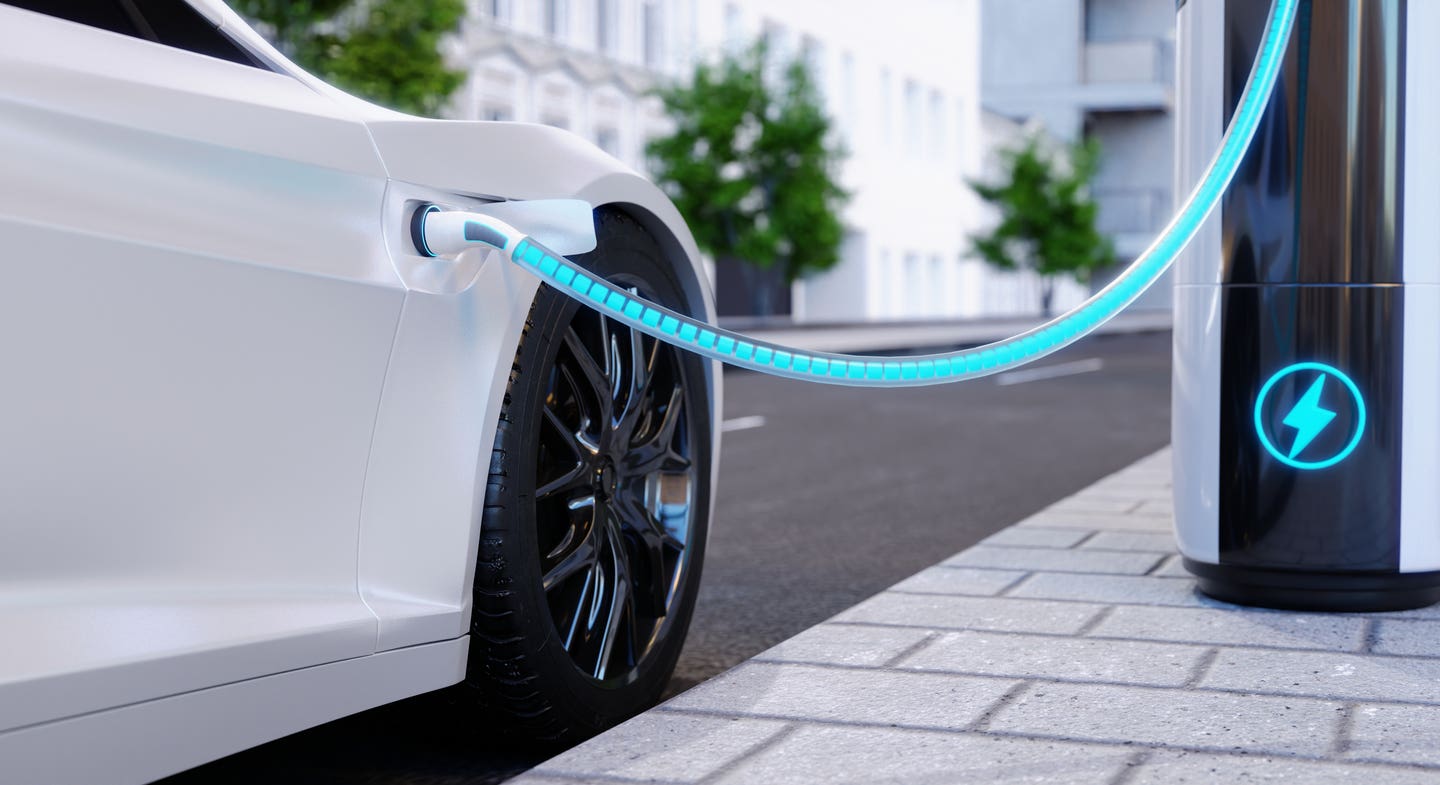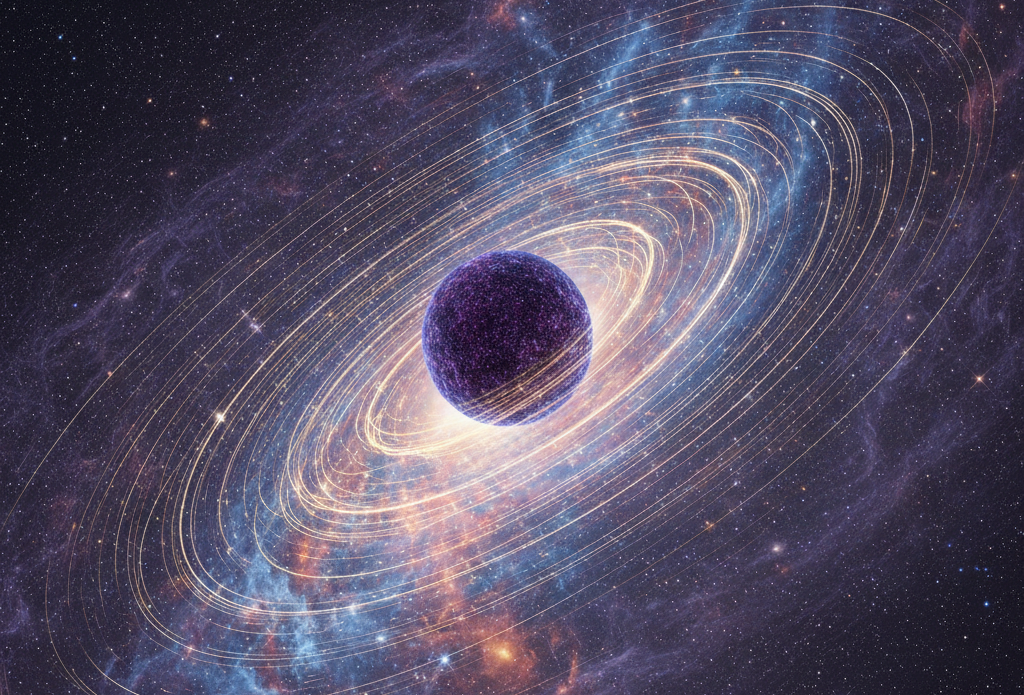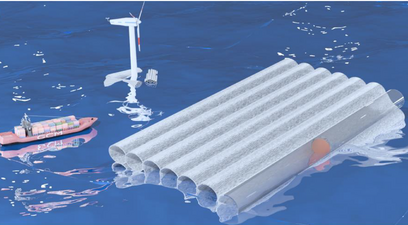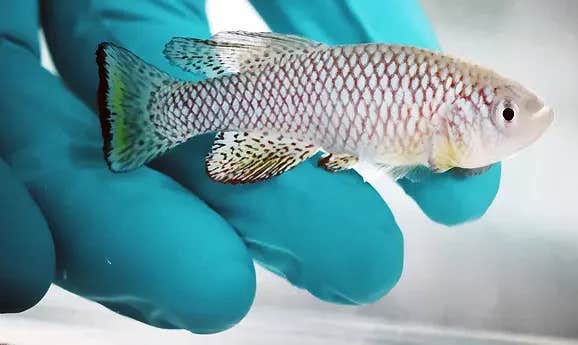Breakthrough technology will slash EV charging time in half
This revolutionary development, promising to improve the practicality and appeal of electric cars by reducing charge time by over half.

[Sept. 14, 2023: Staff Writer, The Brighter Side of News]
Pennsylvania-based company revealed that they're on the brink of manufacturing a technology that could dramatically reduce the charging time for electric vehicles (EVs). (CREDIT: Creative Commons)
In a groundbreaking announcement, a Pennsylvania-based company revealed that they're on the brink of manufacturing a technology that could dramatically reduce the charging time for electric vehicles (EVs).
This revolutionary development, promising to improve the practicality and appeal of electric cars, comes at a time when the automotive industry is eager to address concerns about the time it takes to charge EVs.
A Leap in Battery Technology:
EC Power, headquartered in State College, Pennsylvania, has announced that it has successfully begun mass production of its FastLion lithium iron phosphate battery products. This achievement was accomplished in collaboration with an undisclosed manufacturer.
Not limited to just standard EVs, these high-performance batteries also have the potential to power other motor-driven machinery such as forklifts and airport ground equipment, confirmed EC Power's Chief Technology Officer, Brian McCarthy.
Related Stories:
The Path to a Gigafactory:
As the world ponders the shift towards sustainable mobility, EC Power is already strategizing its next big move. The company is currently determining a suitable location within the U.S. to set up a gigafactory dedicated to producing these advanced batteries.
In an October article featured in the esteemed journal, Nature, EC Power, in collaboration with Pennsylvania State University, unveiled an innovative method that allows EVs to attain 250 miles of charge within a mere 10 minutes. This rapid charging is made possible through the incorporation of a minimal amount of nickel foil which aids in controlling the battery's internal temperature, consequently enhancing its efficiency.
To draw a comparison, Tesla’s acclaimed Supercharger technology currently takes approximately 19 minutes to deliver a similar charge, emphasizing the strides EC Power has made with its research.
Tesla’s acclaimed Supercharger technology currently takes approximately 19 minutes to deliver a similar charge. (CREDIT: Creative Commons)
The swift transition from academic publication to mass production within just 11 months is an "unprecedented" achievement, exclaimed Eric Rountree, CEO of EC Power, during the announcement.
Partnerships and Recognitions:
The promising fast-charging technology was born out of rigorous research endeavors funded and supported by prominent institutions such as the Air Force, Department of Defense, and the Department of Energy. It's noteworthy that EC Power's base in State College is adjacent to Pennsylvania State University's flagship campus. In addition, the company's founder, Chao-Yang Wang, holds a professorship at the university. The influential Guardian highlighted EC Power and Penn State's lithium battery research, naming it one of the top 10 major science stories of 2022.
Lithium ions (yellow orbs) race between the electrodes (stacked plates) at either end of a lithium battery in this artist’s impression. Such batteries can be quickly replenished if heated to a toasty temperature. (CREDIT: Chao-Yang Wang)
The push for reduced EV charging times isn’t restricted to EC Power. Other significant government-sponsored initiatives include a collaboration between NASA and Purdue University that employs a liquid coolant approach to diminish charging time to just five minutes. Moreover, the Idaho National Laboratory is leveraging machine learning optimization to achieve a 10-minute charging time.
Implications for the Future:
Addressing the significance of these advancements, physicist Helen Czerski from University College London noted, “If you can charge a car battery in 10-12 minutes, charging more frequently becomes much less of a problem, paving the way for smaller, cost-effective, and less resource-intensive batteries.”
A thermally modulated battery for mass-market electric vehicles without range anxiety and with unsurpassed safety, low cost, and containing no cobalt, is being developed by a team of Penn State engineers. (CREDIT: Chao-Yang Wang)
A survey from Deloitte's annual review of the automotive market highlighted that 47% of Americans rank charging time as a primary concern regarding EVs, even surpassing worries about cost and range. Given that traditional gasoline vehicles only take about two minutes to refuel, the new technology's promise to cut charging times becomes even more critical in aligning electric vehicles with public expectations.
With EV adoption on the rise, innovations like those from EC Power are poised to shape the future of transportation, bridging the gap between current challenges and the promise of efficient, green mobility. Only time will tell how quickly these technologies will redefine our experience with electric vehicles, but the future, as of now, looks electrifying.
For more science news stories check out our New Innovations section at The Brighter Side of News.
Note: Materials provided above by The Brighter Side of News. Content may be edited for style and length.
Like these kind of feel good stories? Get the Brighter Side of News' newsletter.



